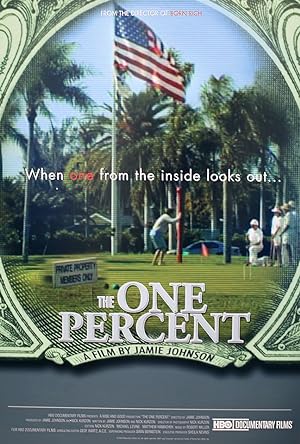The One Percent is an ambitious film, but it is one of those preach to the choir documentaries. If you came in to the documentary believing that a small percentage of people holding a majority of the world’s wealth can be harmful to the rest of the world, then you’ll feel vindicated, and if you didn’t, I don’t think that this film will convert you even if The One Percent’s director, Jamie Johnson, is literally a part of the one percent. The One Percent illustrates three types of people in the one percent: those who know that this concentration is problematic, but feel helpless and are clueless about how to act; those who justify this concentration as appropriate and try to reinforce the existing concentration; and those who know that the concentration is problematic and actively fight the second group. I haven’t even listed the most interesting group that is openly hostile to the making of the film: those who make their living helping the second group. They openly mock and ridicule Johnson, which seems short sighted since he is a prospective employer and potentially can take away a lot of his business one day. I don’t think that Johnson’s transitions from illustrating these groups’ actions to their tremendous affect in world politics and the daily lives of the impoverished were clear enough. He is still torn between PBS style of documentary, which he may not be equipped to provide, and the personal approach that worked in his earlier film, Born Rich. I also think that his personal struggle with his family unrelated to this issue complicates the unfolding of The One Percent. The One Percent is a solid documentary, but demands a viewer’s concentration for maximum impact.





